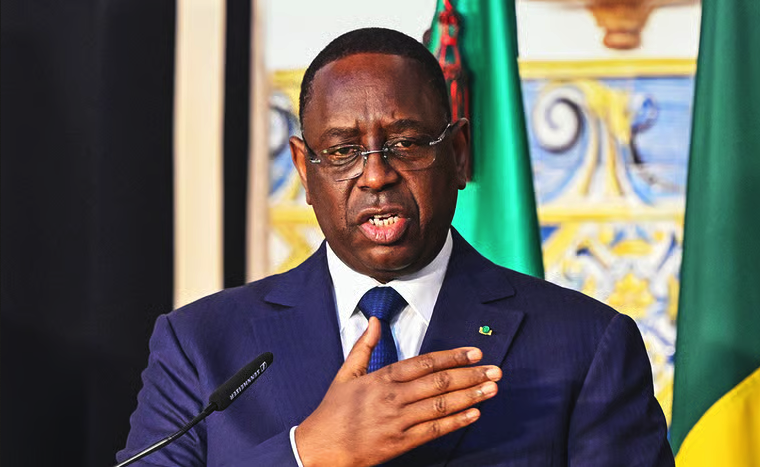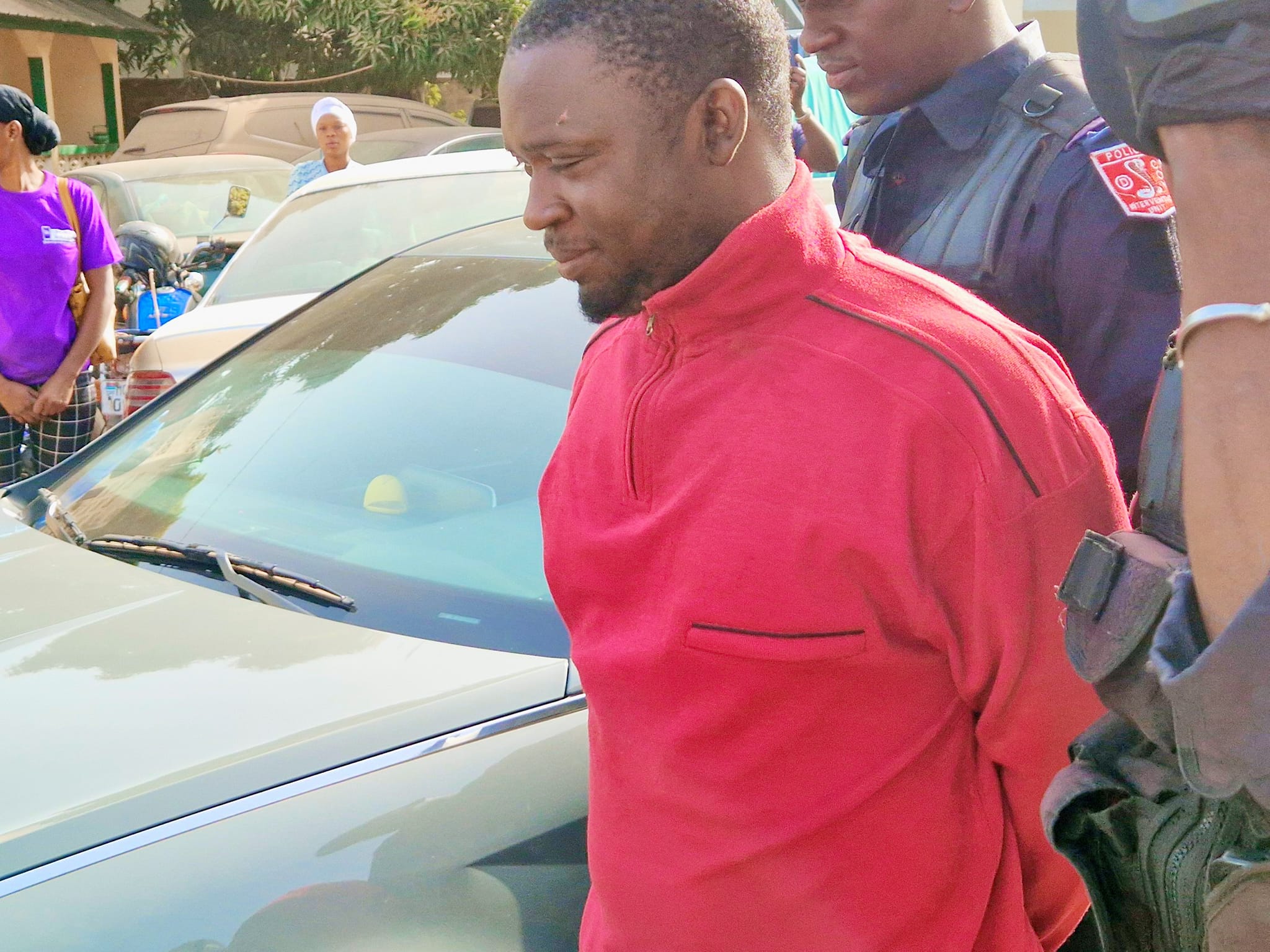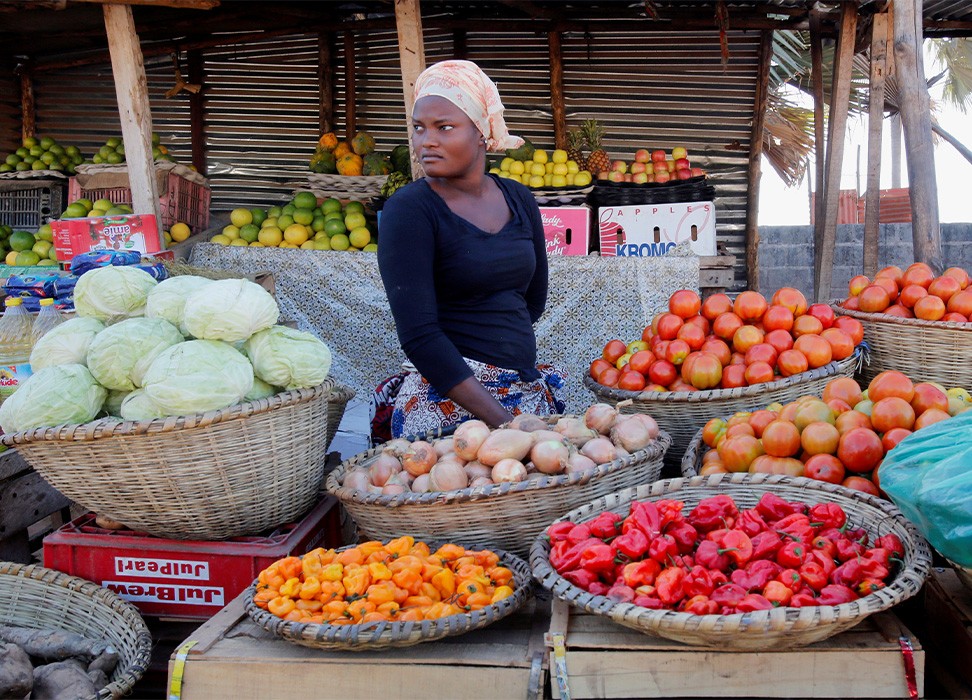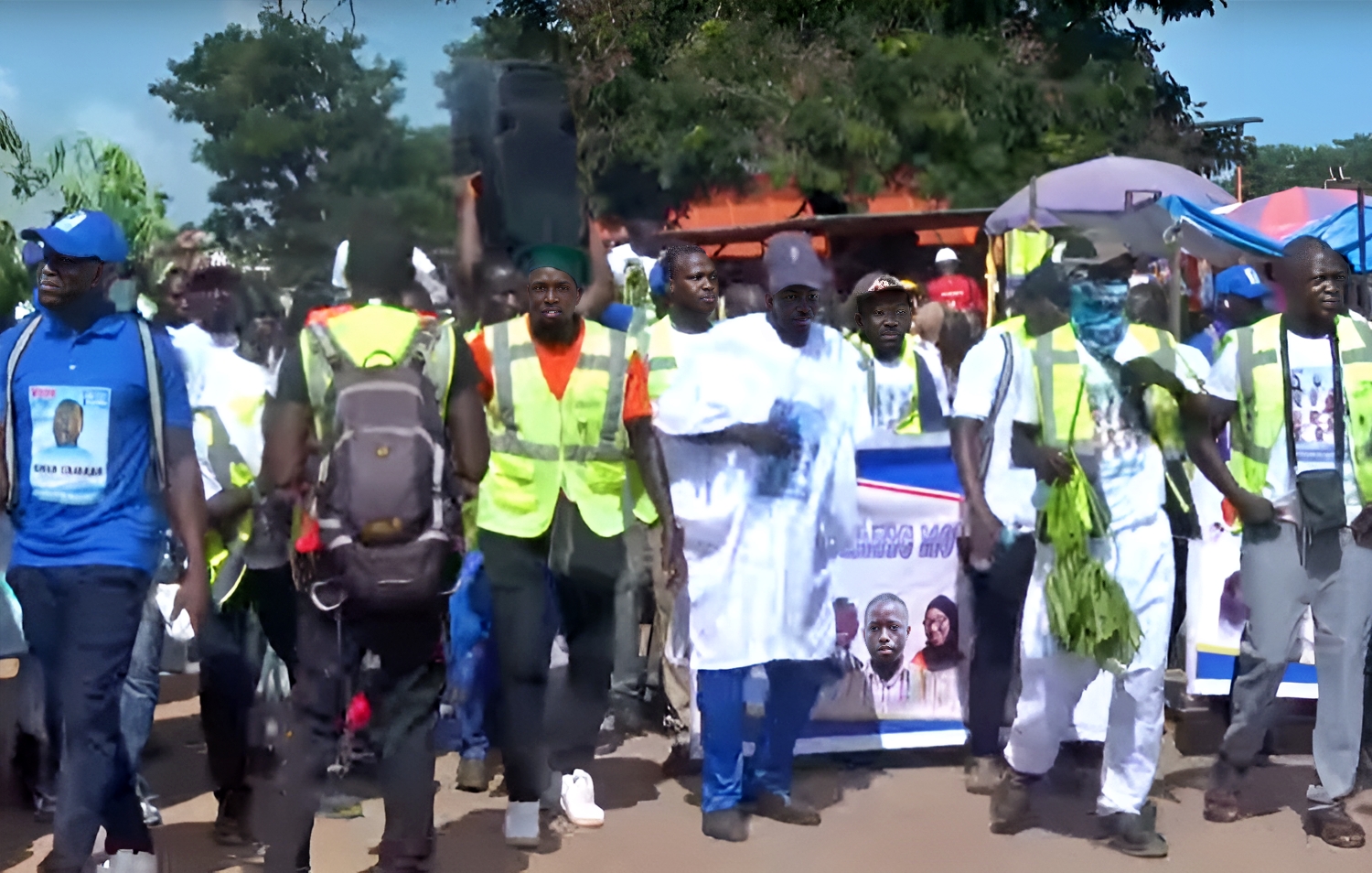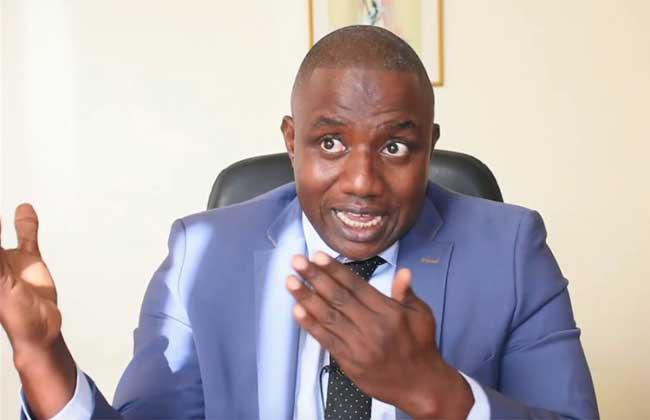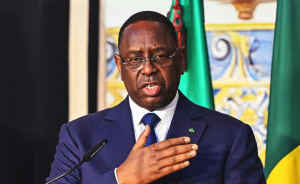Gambiaj.com – (Dakar, Senegal) – Former minister and political scientist Yoro Dia has sharply criticized the upcoming national dialogue on Senegal’s political system, describing it as a veiled attempt to restructure the country’s institutions in favor of Prime Minister Ousmane Sonko.
Speaking on RFM’s Grand Jury program on Sunday, Dia dismissed the May 28 dialogue as a “waste of time” and a strategic move to concentrate power in the hands of one individual.
“They want to give more powers to the Prime Minister by reducing those of the President,” Dia warned, asserting that this approach undermines the democratic foundations of the country. “We cannot adapt the institutions for an individual,” he emphasized.
Dia suggested that the dialogue’s real objective is to transition Senegal’s current presidential system toward “reinforced parliamentarism,” effectively placing more authority in the hands of Sonko, who currently enjoys the support of a parliamentary majority. He questioned the intent behind such institutional modifications, arguing they serve political ambitions rather than the national interest.
A particularly troubling point for Dia is Sonko’s assertion that “there is no matter to oppose” at the National Assembly. The former minister expressed alarm over the implications of such rhetoric, drawing a line between political leadership and ideological dogmatism. “A fanatic does not seek to convince; he seeks to convert,” Dia said, likening such declarations to religious dogma rather than democratic dialogue.
He also condemned Sonko’s previous references to the opposition as “residues,” saying, “When we say residue, it is because you have to get rid of it.” According to Dia, such language dangerously echoes the rhetoric of authoritarian regimes and contradicts the spirit of national unity and open debate that dialogue is meant to foster.
Beyond the political implications, Dia redirected attention to what he views as the country’s most pressing issue: the economy. “The Prime Minister has finally understood that Senegal does not have a political problem; Senegal has an economic problem,” he stated, criticizing the national dialogue’s focus on constitutional reforms instead of economic solutions.
He argued that Senegal suffers from a recurring syndrome he called the “democracy of Sisyphus” — a continual cycle where every new government seeks to rewrite the political rules instead of addressing core structural problems.
Dia recalled that many of these institutional questions had already been debated decades ago, such as in the 1998 Mbaye Ndiaye report on the status of the opposition.
“The President of the Republic has not yet laid a single foundation stone,” he remarked, underscoring the urgency of economic action. Rather than political consultations, Dia urged the government to convene business leaders and economic stakeholders to address the country’s development challenges.
His central message was unmistakable: instead of redesigning institutions to fit the ambitions of Ousmane Sonko, Senegal’s leadership should turn its focus to the real battle — fixing the economy and improving the lives of its citizens.



